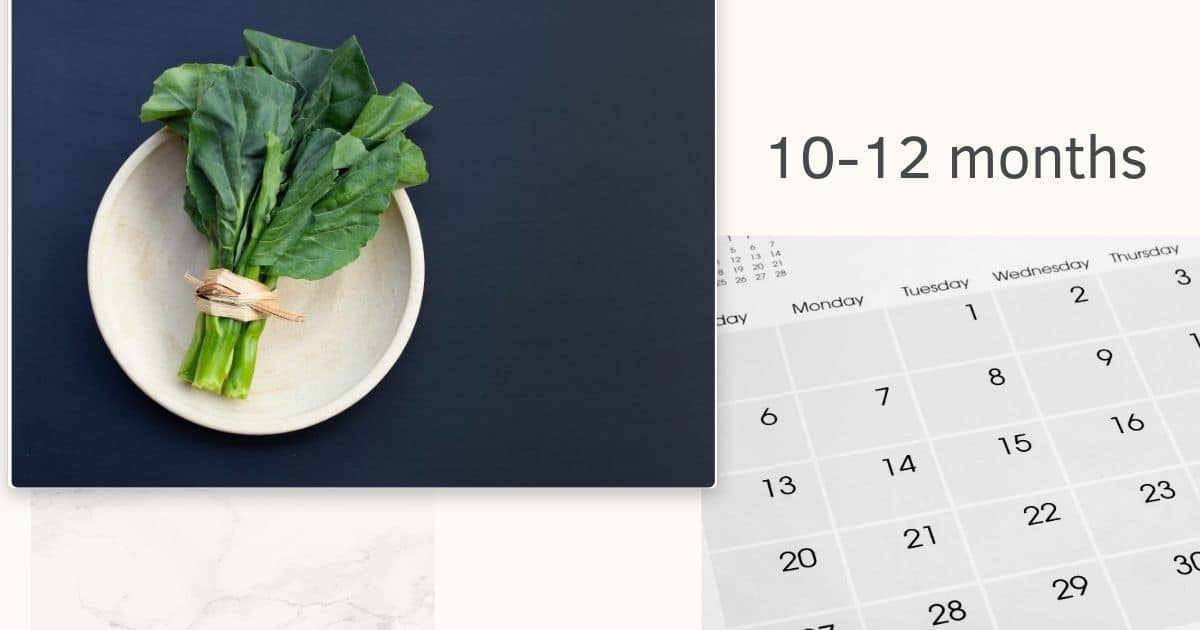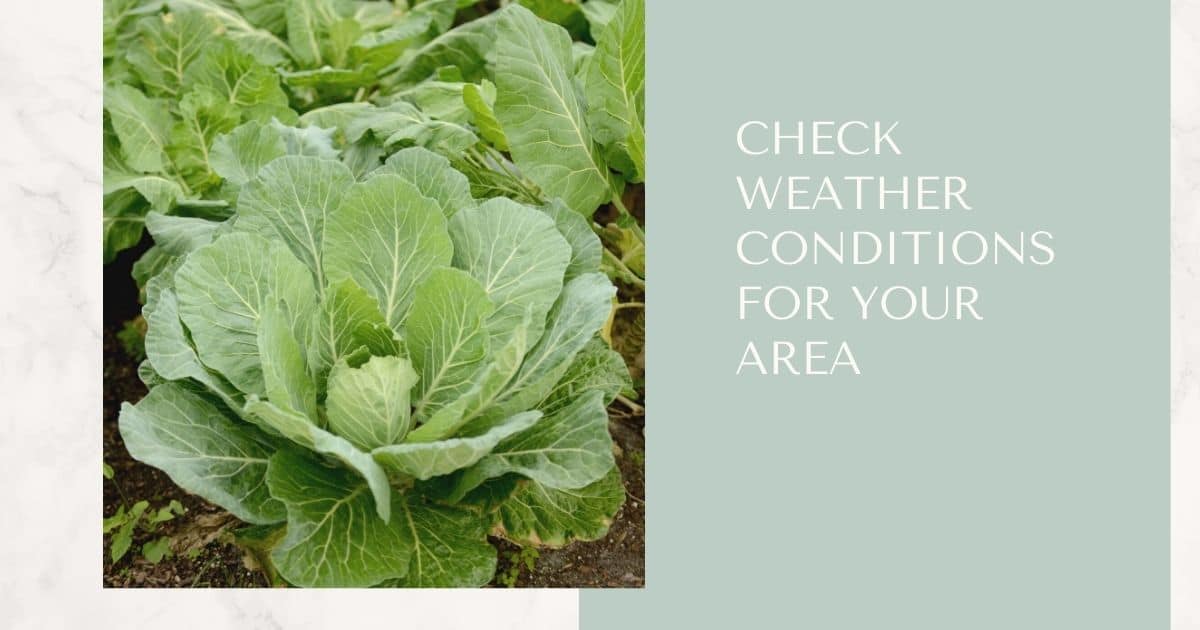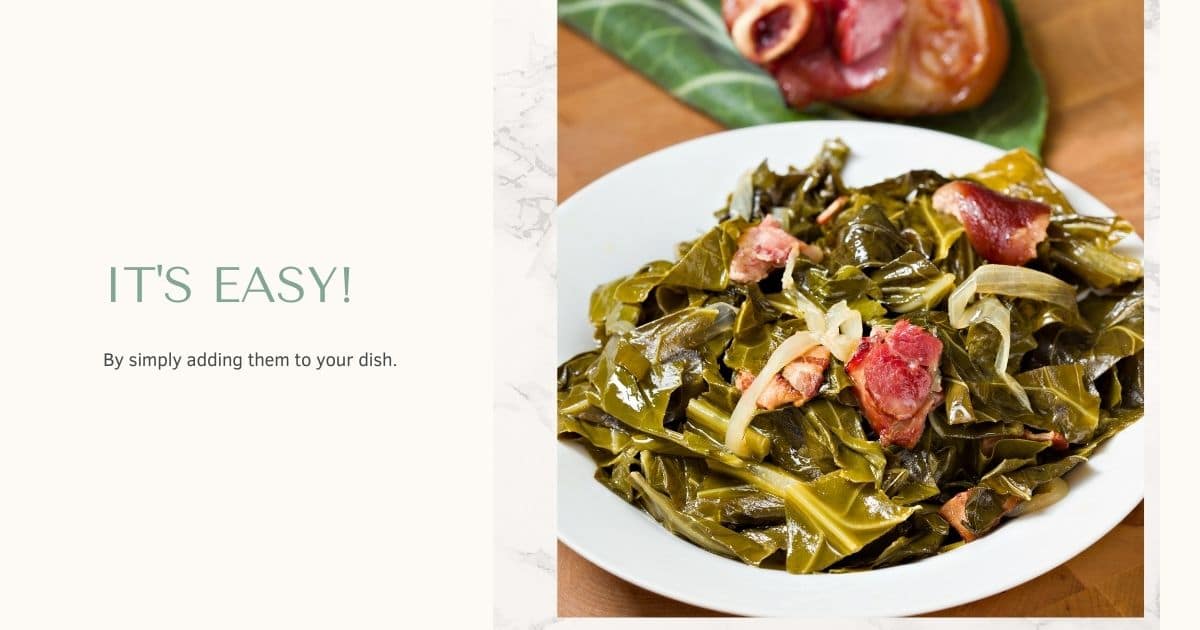Can You Freeze Collard Greens? Yes, But You Have to Follow These Rules
When you’re making a good southern meal or simply adding a few new tastes to your table, collard greens are a good way to add flavor and texture. Boiled, steamed, baked, or even fried, collard greens have become a staple in many meals.
However, the mystery behind preserving them can make many people scratch their heads.
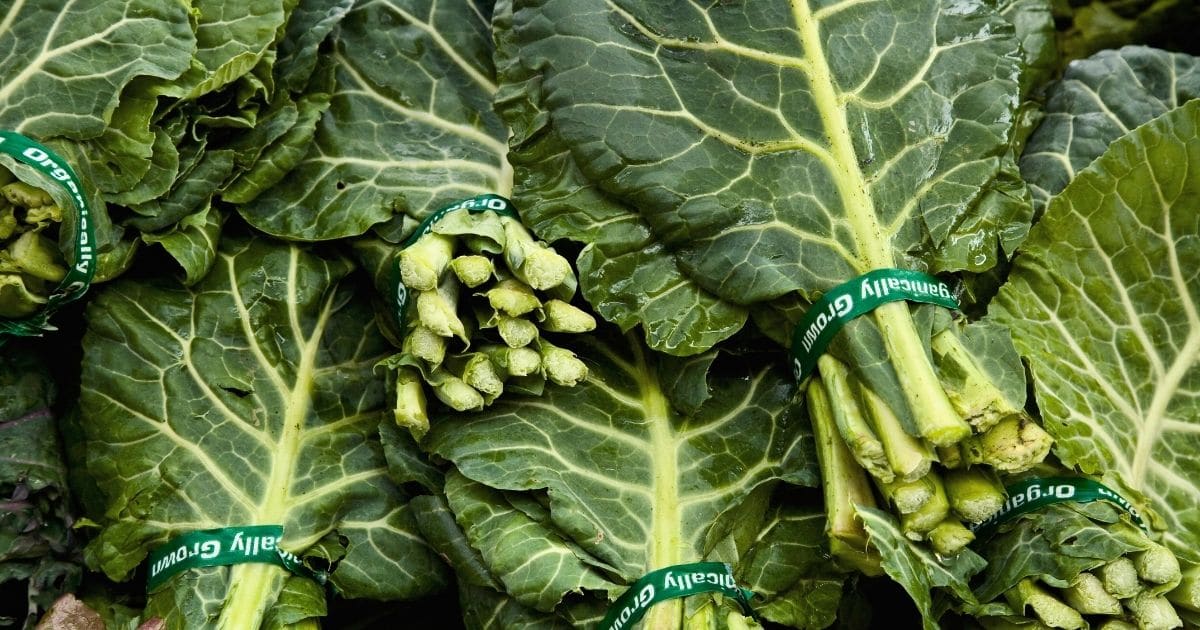
Can You Freeze Collard Greens
You can freeze collard greens that have already been cooked for up to 12 months, placing them in small plastic bags and allowing them to freeze as-is. Some of the best meals can be spiced up by adding a few of the already cooked collard greens during the cooking process. When freezing collard greens, you must ensure no extra liquids or moisture is in the bag as water can crystalize when freezing.
There are more ways that you can prepare collard greens than just steaming and storing, with most people making nearly complete meals when they need to store the greens. To use your collard greens to their full potential, you will have to work on understanding more about the vegetable. There are many things that you need to know and some nuances about the plants that, if they’re not followed, can cause issues.
Can You Freeze Raw Collard Greens?
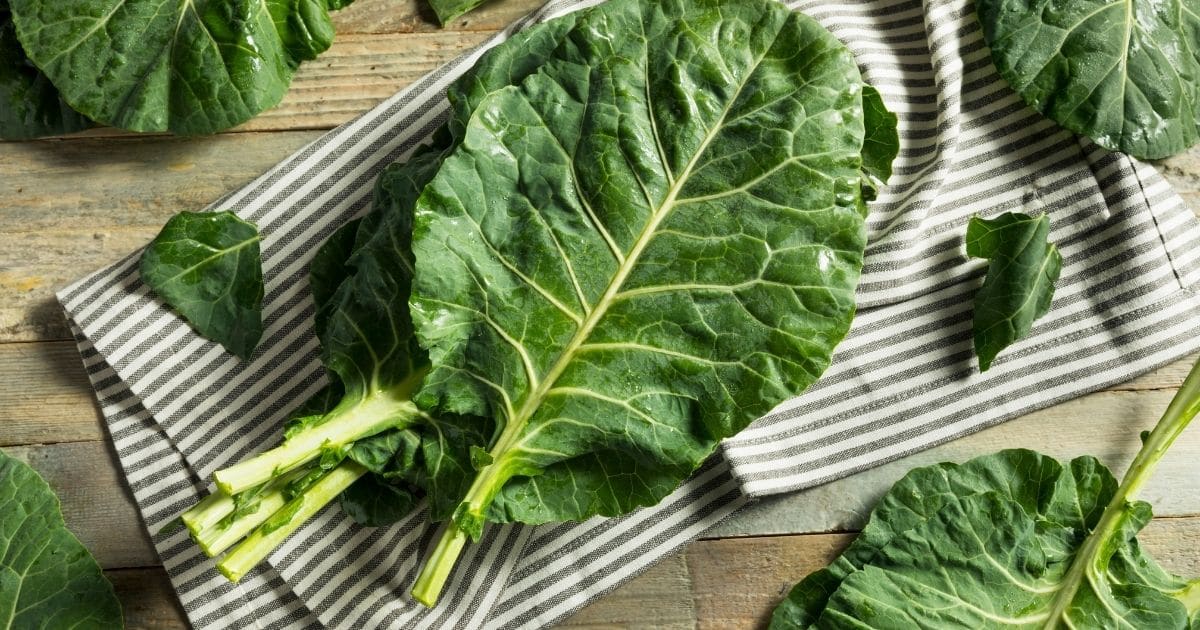
When you have a newly bought batch of fresh collard greens, it may seem intimidating to start boiling all of them before freezing, especially if you have a smaller kitchen. This is why many people have started to freeze their collard greens while they are still fresh, giving them the same shelf life as boiled collard greens.
The complicated process starts when you want to use your fresh collard greens that have been frozen, with the processes needed to cook them properly taking longer. While you can simply add frozen, boiled, collard greens to any dish you are making, fresh collard greens that have been frozen need to be prepared differently.
To make dishes using uncooked frozen collard greens, you will have to start with the collard greens, usually boiling or steaming them until they are done before adding any other ingredients. This allows the collard greens to lose their toughness and become much more palatable, turning them back into a delicious source of Vitamin C and other nutrients.
Can Collard Greens Be Frozen After Cooking?
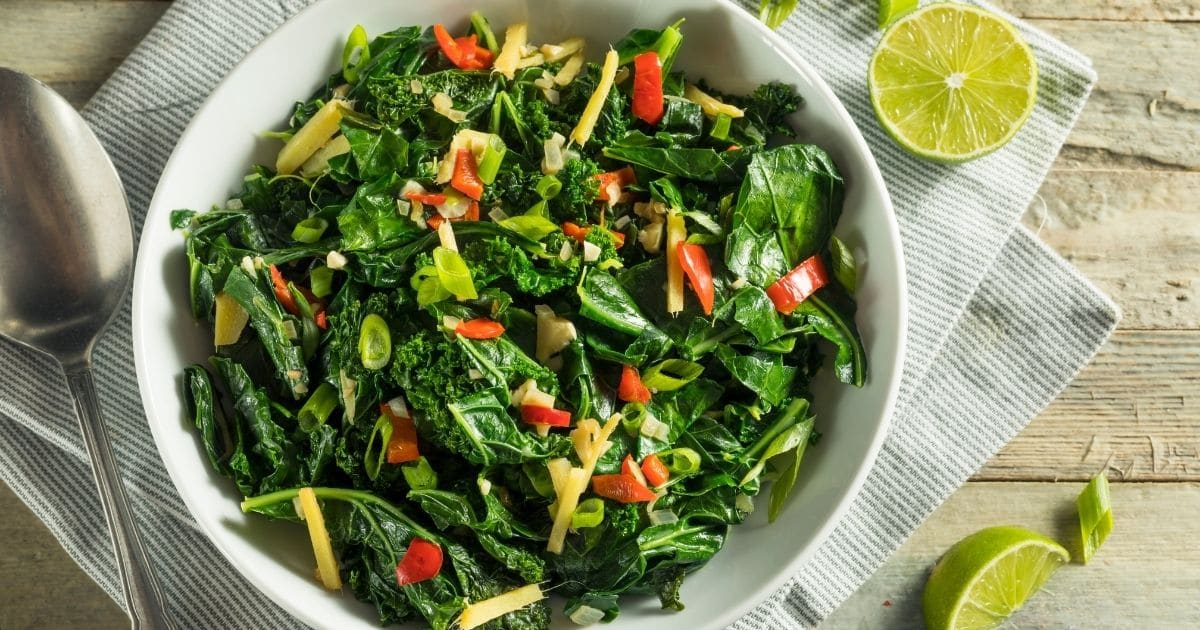
Collard greens are traditionally frozen after cooking, usually in small bags that are ready to use and be added into any dish where you may want to use them. Cooked and frozen collard greens are entirely safe and delicious to eat, with many of the recipes that you may find requiring that the collard greens be frozen before you add them.
Freezing collard greens became popular owing to the amount of work that needs to go into cooking them. The boiling, steaming, or cooking process to make collard greens soft and edible can take several hours, and doing small batches at a time can be extremely time-consuming. Almost all collard greens are boiled in the modern world and then frozen to extend their shelf life from a few days to several months.
You must remember that frozen collard greens do not lose any of their vitamins or nutrients, something that can happen to other frozen vegetables. Many dishes that call for collard greens, instantly become a lot healthier and will allow you to enjoy the meal without having to feel guilty about eating “just a tad more.”
Do You Have To Blanch Collard Greens Before Freezing?
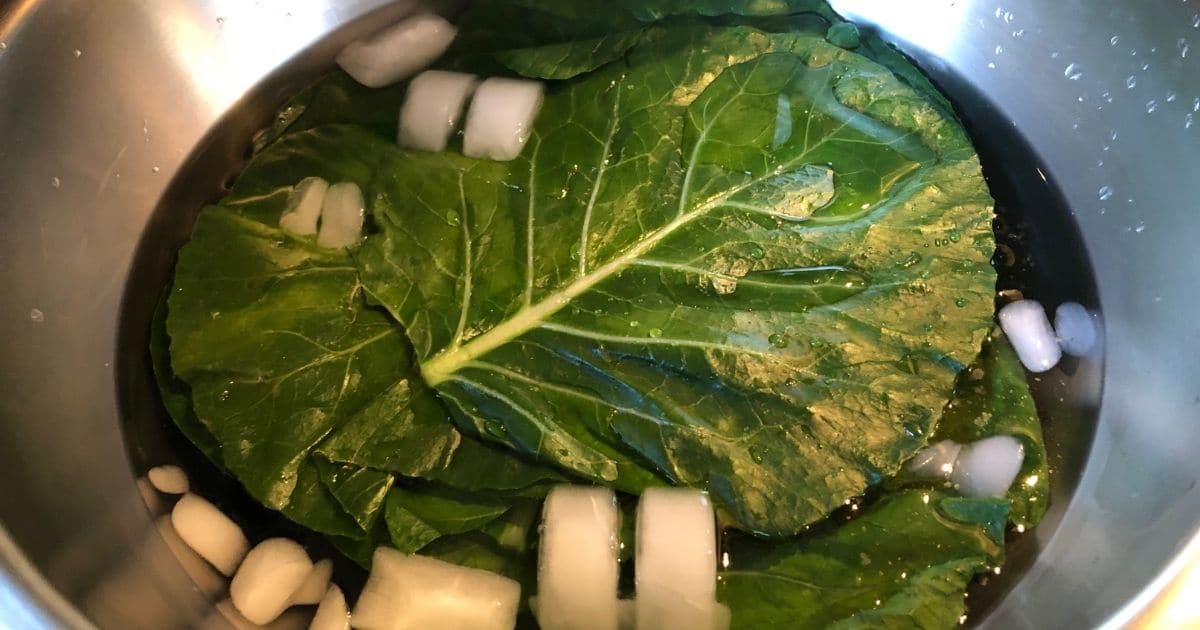
You do not have to blanch your collard greens before freezing them, as they are perfectly happy being frozen as is. If you want the full flavors of the greens when you do start cooking them, it may be better to blanch them before freezing.
It is believed that blanching collard greens, the process of cooking them quickly in salted water, draw out more flavor and colors in the collard greens than simply freezing them. Usually, you can taste the difference when using blanched frozen collard greens and normal collard greens.
However, some believe this same effect can be reached when the frozen collard greens are prepared the same way after thawing them. This belief arose from the natural added flavor and color that salt adds to any dish. The only real way to decide which is better is by trying both and finding the preparation that you prefer.
How Do You Prepare Collard Greens For Freezing?
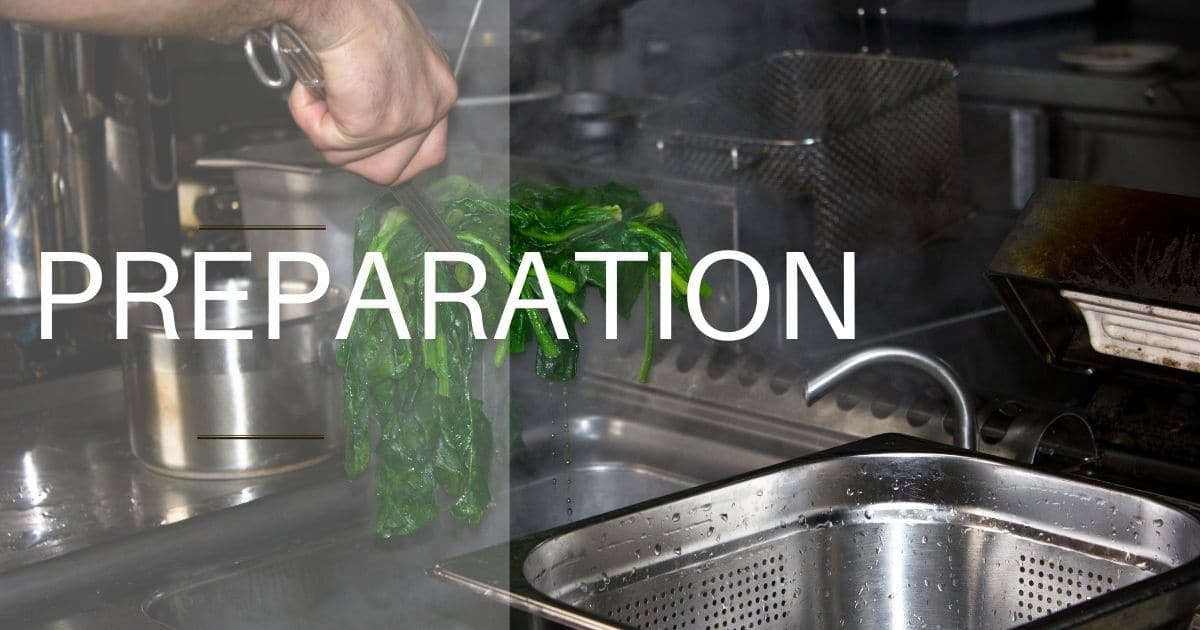
The traditional way of preparing collard greens starts by cleaning the greens, blanching them, and then putting the freshly blanched collard greens in a bucket of ice water. After this, you remove the collard greens by using a colander and then bagging each set of collard greens, placing them in the fridge.
Placing the blanched greens in ice water after blanching rapidly cools down the collard greens, which many see as a step of pre-freezing them. Helping to lock the flavors in even further, which makes the collard greens so much better when you do start to use them in your dishes.
An important step that you should always include, even with fresh collard greens, is wiping them down with a paper towel. This may seem odd, but reducing the amount of moisture that is on top of the leaves will save them for the long run, allowing the collard greens to comfortably stay fresh without most of the taste being lost to the frozen water.
What Is The Best Way To Freeze Fresh Collard Greens?
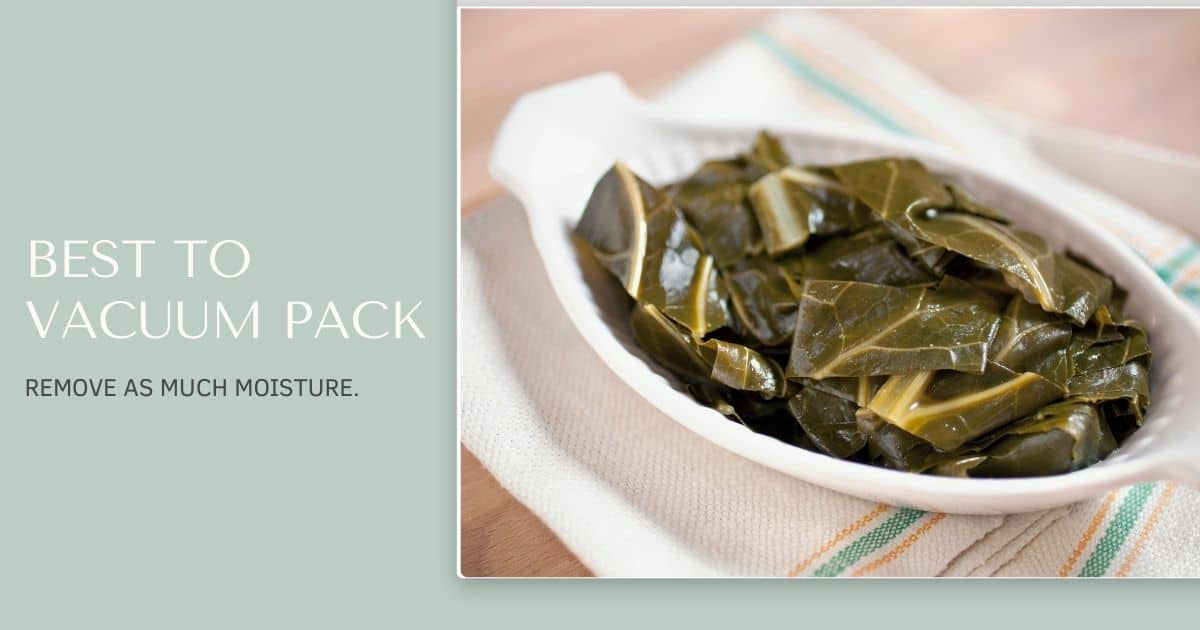
Freezing fresh greens can be more complicated than simply throwing them in a baggy and allowing them to freeze. While this can be done for the maximum amount of taste to be kept for the long-term it is best to vacuum pack and then freeze the collard greens. This ensures that the minimum amount of ice crystals can form within the leaves.
Most of the time, you can simply use Ziploc bags and freeze the collard greens. It is still vital that you remove as much moisture from the greens as possible. The biggest enemy of any vegetable that is being frozen is the formation of ice crystals. Not only can these cause a massive amount of damage to the tissue of the vegetables, they negatively affect the taste.
This is usually why you can buy some vegetables as flash-frozen, which is the process of freezing things so fast that normal ice crystals don’t take shape. When you are freezing your fresh collard greens, it may be helpful to ensure that your freezer is properly cold but not too cold, as freezer burn can occur if the greens are against something cold.
How Do You Reheat Frozen Collard Greens?
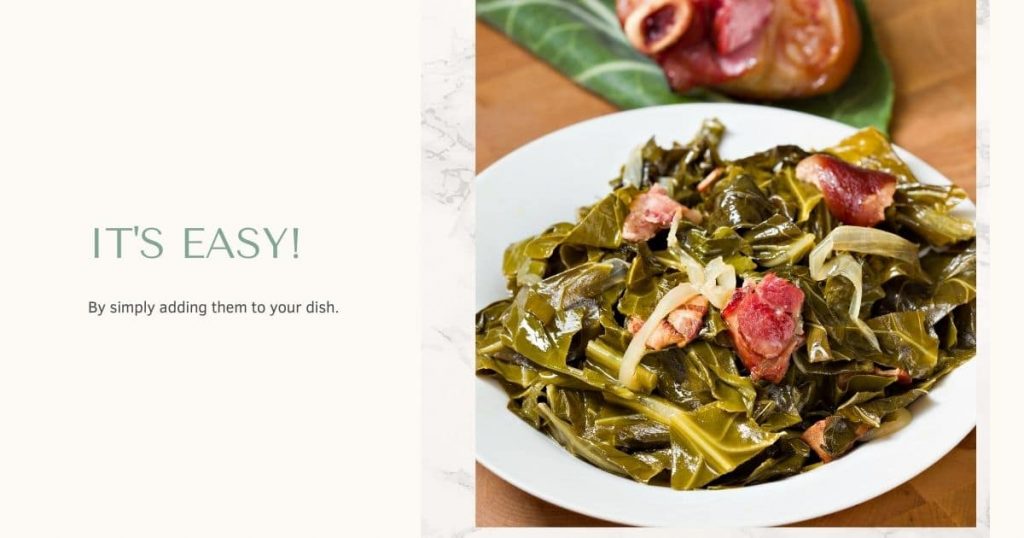
Reheating collard greens is the simplest step in the process. If they are already cooked, then you can simply add them to your dish. The collard greens will unfreeze in the dish as everything is being cooked and may even help you cool the dish down if you are getting ready to add in ingredients that enjoy lower heats.
Fresh collard greens that have been frozen have a slightly more complicated route to take, with the greens having to be cooked before being added to any dish. This step can add extra flavor to fresh collard greens that pre-cooked collard greens may not enjoy. Boiling, steaming, frying, or broiling are all ways that you can cook the greens, delivering you a great dish.
Because collard greens are a vegetable, they can technically be eaten raw. However, that may be a bit tough on your teeth. Most families have their unique way of preparing and eating collard greens, and finding your preferred way can be a good step in becoming a cooking master.
We have a wonderful recipe that features collard greens, alongside zucchini and chicken. Just yummy. Make your own bowl of noodles with zucchini, chicken, and collard greens.
Can You Leave Cooked Collard Greens Out Overnight?
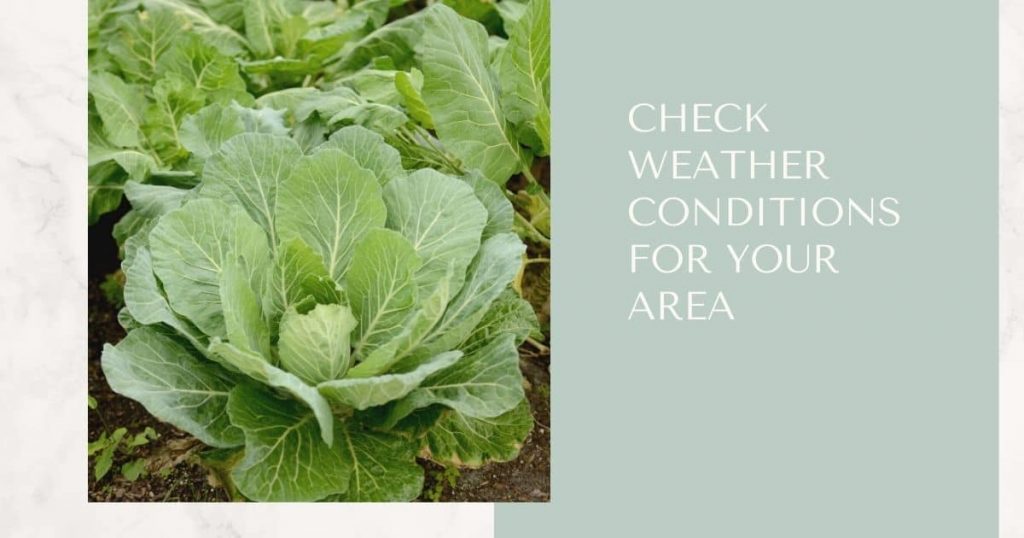
Depending heavily on the weather conditions for your area, you can leave cooked collard greens out overnight. The greens must be freshly cooked, in a covered container, and not have come into contact with the sun. Otherwise, you should not eat any collard greens that have been cooked and left at room temperature for over 2 hours.
Understanding why eating something that has been left at room temperature is important, and it all comes down to bacteria. If something has been cooked or boiled, then most bacteria have been destroyed. However, if it is left at room temperature with the sun shining on it, then any type of food can activate the natural bacteria in the food and help it grow to dangerous levels, potentially causing food poisoning.
However, you should leave collard greens that have been cooked for a few minutes in ice water to cool down before freezing. Rapid heating and cooling seals the taste but also prevents bacteria from forming. Be sure that the collard greens you are eating have not been allowed to be the perfect breeding ground for unwanted problems.
How Long Can You Keep Collard Greens In The Freezer?
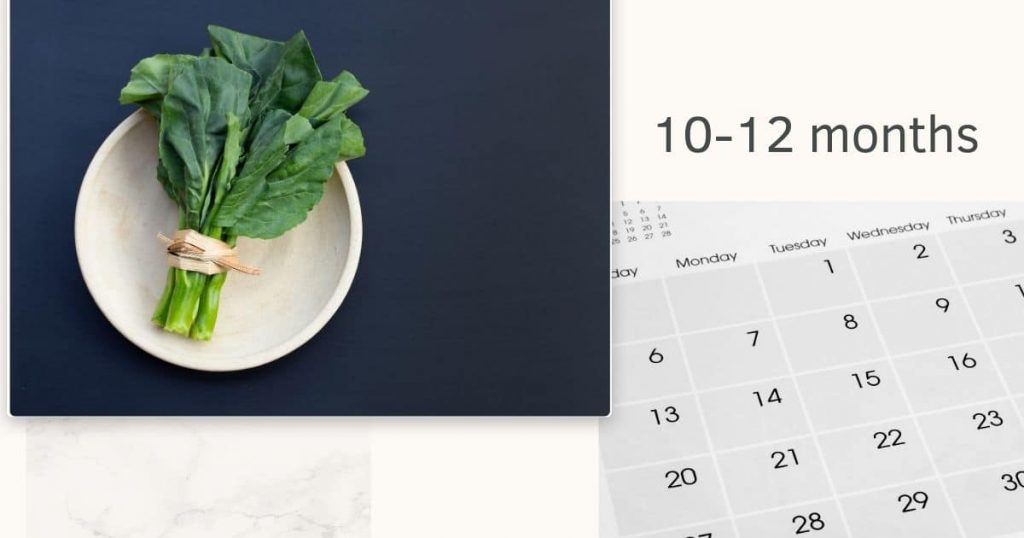
Collard greens, either cooked or raw, can be kept in the freezer for 10 to 12 months.
That is not to say that they couldn’t be stored for longer if needed, but after the 12 months mark, the taste of your collard greens will be compromised with every month that passes.
Conclusion
Collard greens are highly nutritious, healthy greens that can make up a large part of any diet. Becoming popular around the world in most dishes, collard greens can safely be kept in your fridge for almost a year and will be a welcome addition to your daily meals.
If you were wondering, frozen collard greens that are still frozen can be eaten as well. Just be sure that they were properly seasoned before being frozen!
